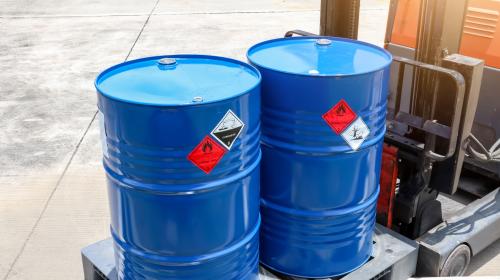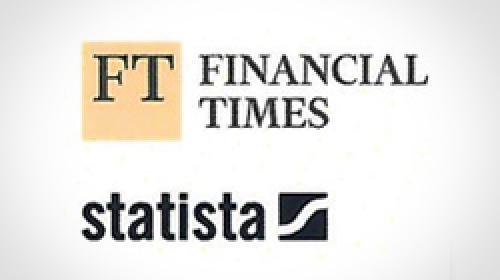As a generator of hazardous and/or non-hazardous waste, you may have materials that can be sent offsite for recycling. Doing so has the potential to place you in a smaller generator category, save your company money and build your reputation as a green business. But sending your recyclable hazardous materials offsite can also create big liabilities if your recycler is irresponsible. Because of “cradle-to-grave” regulations, your hazardous waste is your responsibility from start to finish. Choosing a responsible recycler is an important step in keeping your waste from being released into the environment and polluting the land, water, and air. Taking a few easy steps can protect the environment, public health and your company’s bottom line from the consequences of mismanagement.
Step 1: Understand your company’s recycling needs.
Before contacting potential recyclers, make sure you have a thorough understanding of your waste and recycling needs. Recyclers will have questions for you about your requirements, so be prepared by knowing the types, amounts and sources of your hazardous waste. Make a complete list of the waste you generate, as well as the volume you produce each week, month and quarter. Does your company deal with electronic waste or sensitive data? If so, you will need a recycling partner who can safely handle data security and information destruction. Does your company generate universal waste or used oil? Not all recyclers have expertise with all materials, so knowing what you generate will help guide your search for the best partner.
Step 2: Check their certifications and compliance records.
When vetting potential brokers or recycling partners, it is important to make sure they can provide their federal, state, local and occupational safety compliance records. Review their records to make sure they are committed to their clients and the environment. Look up their records in the EPA’s public database and be sure to also check your state and local records. Ask for a copy of their certificate of insurance and why their limits aren’t at $5,000,000 or more? Also, what they would do if an unforeseen cleanup is required?
Once you get down to a small list of potential recyclers, set up in-person meetings and tour their facilities. This may mean working with a recycler within your region, which offers benefits for transportation (read more under step 3). At Enviro-Safe, we offer tours of our state-of-the-art facility so potential clients can see for themselves that we operate in a clean and organized environment, use the most current environmental and safety standards available, including secondary containment, explosion-proof equipment, a tank farm foam deluge system and much more. Look for this kind of transparency in your recycling partner and if they do not offer it, move on in your search.
Step 3: Find out whether your recycling partner can act as a responsible transporter.
Remember that you as the generator are responsible for any waste you generate throughout its entire lifecycle, which includes in transit. Your recycling partner should double as a responsible transporter, which means you need to evaluate those services as well. This includes checking into their insurance, permits, certifications and compliance records, services, asking about their drivers, and more. Transportation for your recyclable waste is one reason to consider a partner in your region. Transporting waste costs money – and the farther a transporter travels, the more it will cost your company, and the more emissions are released. Additionally, large, national transporters can become too large to offer the best pricing and customer service to their clients. At Enviro-Safe, we offer our transportation services in Wisconsin and the Midwest, which allows us to provide the best service and value. We also own and operate our own transportation fleet that include straight trucks, vans and tanker trucks. This level of control ultimately saves our customers money. For more information on how to evaluate potential transporters, read here.
Step 4: Find out whether they are a good fit for your business.
Many recyclers may be able to meet your company’s basic recycling needs, but there may only be a few who are a right fit and can help you turn your waste into profit. Once you have checked the basics off your list in steps 1 through 3, look at their customer service record, how long they have been in the business, and ask for referrals from their other clients. At Enviro-Safe Resource Recovery, we pride ourselves on over 17 years in the business as a family-owned company, and on our high customer retention. Do not settle for a recycling partner that cannot say the same. Complete an on-site review of their documentation, records, facilities, and meet their staff. Find out what types of materials they work with for their other clients. Do they know there is a reliable secondary market for saleable products or intermediates from your recyclable waste? Do they work with buyers who can help you not only save money, but actually get paid for your waste? When possible, look for a partner who can help you create a profit instead of more costs.



